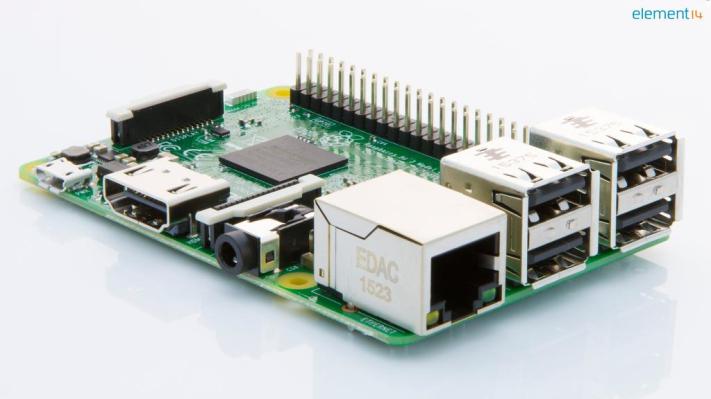Google is intending to expand the dev tools available to makers using the Raspberry Pi microprocessor to power their projects this year — potentially offering software tools for face- and emotion-recognition, speech-to-text translation, natural language processing, sentiment analysis, predictive analytics and more.
The company is currently running a survey for Pi makers asking about the sorts of tools they would like it to develop. You can access the survey via the Raspberry Pi Foundation’s website.
“We at Google are interested in creating smart tools for Makers, and want to hear from you about what would be most helpful,” it says in this survey.
Tech areas that can be selected during the survey include home automation, drones, IoT, robotics, 3D printing, wearables and machine learning — so the company is casting a pretty wide net here.
We’ve reached out to Google and the Pi Foundation with questions and will update this post with any response. Update: Pi co-founder Eben Upton tells TechCrunch: “For me, the big opportunities are around deep learning and AI. Google are very strong in this area, particularly after the DeepMind acquisition, and there are obvious benefits to being able to connect their services to the real world using Raspberry Pi. It will be interesting to see the outcome of the survey, and what they choose to develop in response.”
The UK-based not-for-profit Pi Foundation has been wildly successful with its low cost microprocessors, passing more than 10 million sales back in September — four and a half years after its initial release, when it had expected to sell just a few thousand over the lifetime of the board.
There are a wealth of existing dev tools for Pi makers to make use of, and ways to tap into — for example — the OpenCV computer vision library to build projects utilizing facial recognition.
But Google bringing a set of its own AI tools to the platform could accelerate development on that front by enabling Pi users to more easily tap into, for example, the TensorFlow machine learning open source library which was originally developed by researchers at the company.
Google has had a long term interest in the Pi, gifting $1M worth of the microprocessors to 15,000 UK schoolkids back in 2013, for example, via its philanthropic arm — with its ongoing business needs obviously aligning with the Foundation’s core mission to encourage more youngsters to take up coding.
It’s also previously developed an open source tool for turning a Pi into a basic web server. And Google’s Android Things IoT platform includes support for the Pi 3, the current most powerful Pi.
And while there is currently no official version of Android for the Pi, although there are ways to run the platform on Pi hardware (albeit with some limitations), there are signs Google is working on the real deal there too.
On this prospect, Upton adds: “No news on ‘official’ Android at present: we remain very focused on PIXEL and Raspbian as our in-house software platform.”
A Google spokesperson said the company does not have any specific details to share regarding its plans for Pi dev tools at this point, adding: “We’re excited to keep sharing more open source machine learning tools with the community — stay tuned for more this year.”
